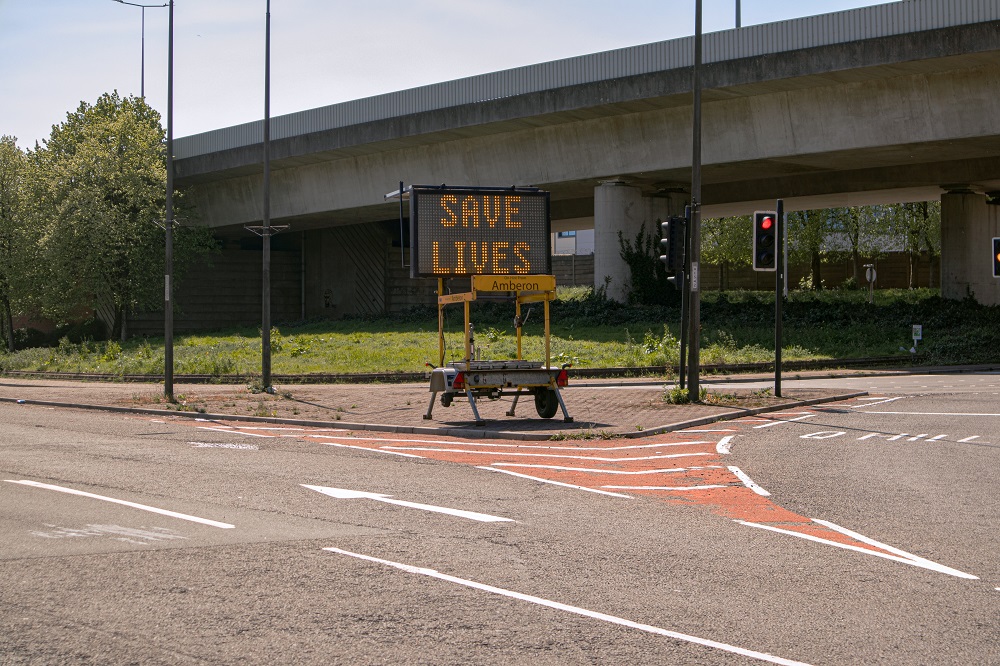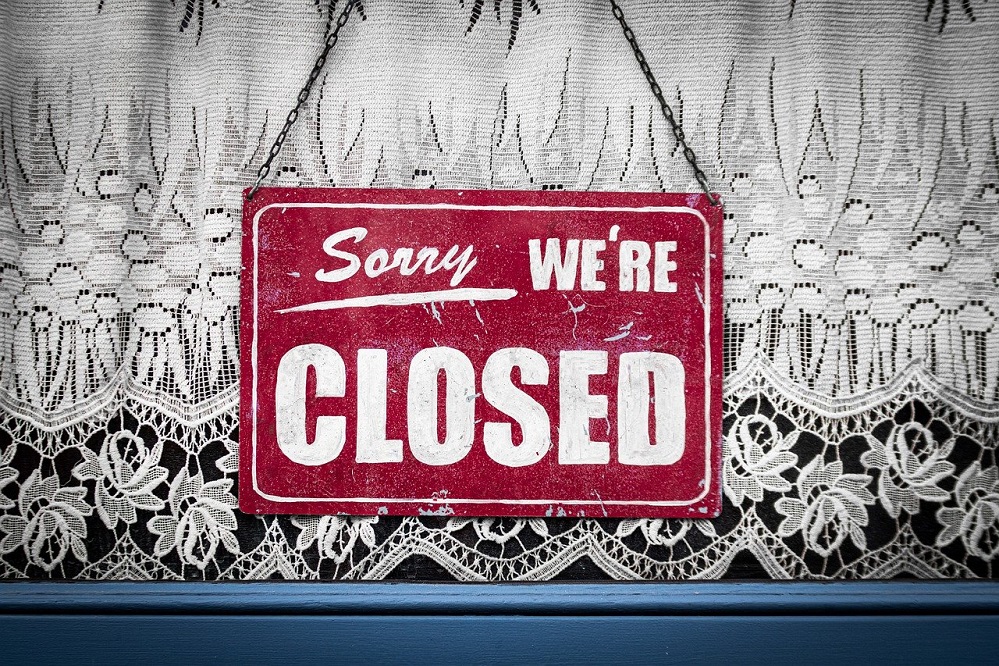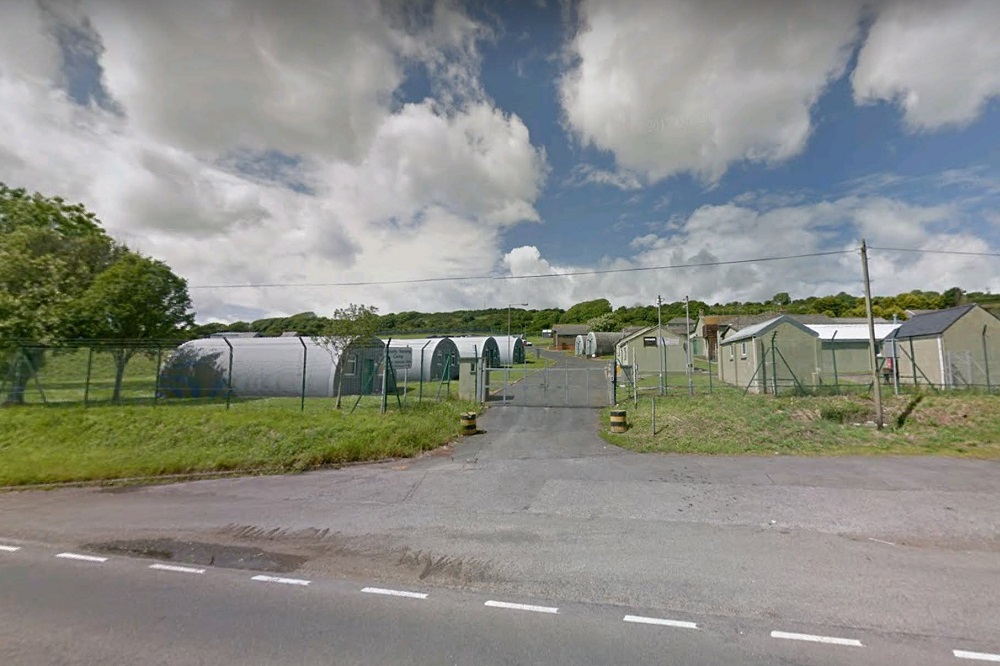Senedd roundup: Cardiff cases soar as hospital admissions climb across Wales

Owen Donovan, Senedd Home
Ten more people have died due to Covid-19 and 727 new cases have been confirmed in the last 24 hours according to the latest figures from Public Health Wales.
There have now been 25 deaths in the last three days as cases continue to increase across Wales.
One death was reported by PHW in Cardiff, which again recorded the most new cases in the country with 190, taking the weekly total in the capital to 820. The infection rate has risen to 223.5 per 100,000 of the population, the highest in Wales, ahead of Merthyr Tydfil with 198.9.
The proportion of positive test at 14.4% per 100,000 in is also the highest in Wales, ahead of Rhondda Cynon Taf where there is a rate of 12%.
Earlier this week it was revealed that 1,983 students at Cardiff University are currently self-isolating following extensive testing on the campus but Fiona Kinghorn, executive director for public health at Cardiff and the Vale University Health Board says the surge of new cases in the city is not due to students alone.
“There is an increasing trend in positive case numbers nationally and this is reflected in the latest numbers for Cardiff,” she said.
“The steep increase can in part be attributed to the precautionary mass testing of students in one of the city’s halls of residence, and we expect to see numbers continue to rise in this group.
“However, the virus is prevalent across the city and we are seeing cases of coronavirus across all age groups and all areas of Cardiff.”
Four of the deaths reported today were in the Cwm Taf Morgannwg health board area and three were in Swansea Bay area.
So far this week hospital admissions across Wales are close to 50% up on last week and are the highest since June.
Cwm Taf Morgannwg health board has more patients being treated for Covid-19 than at any time since the pandemic began in February, while Aneurin Bevan health board has most hospital admissions in Wales currently, averaging 28 per day over the last week, more than double the numbers in Cwm Taf Morgannwg and Cardiff and Vale.
Overall there were 707 coronavirus-related patients in hospitals last week, up 49.5% on the week before.
NHS Wales figures up to 13 October show that 25 people are being treated on invasive ventilated beds, including in critical care, for confirmed or suspected coronavirus, three fewer than the week before, although NHS Wales said it expected this figure to rise.

Tories slam government over travel ban
Paul Davies, the leader of the Welsh Conservative’s in the Senedd, has accused the Welsh Government of a lack of transparency over the evidence behind the travel ban announced by First Minister Mark Drakeford yesterday.
From tomorrow new regulations being prepared by Welsh Ministers will prevent people living in areas with a high prevalence of coronavirus in England, Scotland and Northern Ireland from travelling to Wales.
The UK Government snubbed several requests for action from Welsh ministers and Mr Drakeford announced the ban after Prime Minister Boris Johnson failed to respond to the latest letter, sent to him on Tuesday.
Mr Davies said: “The First Minister and his Government have acted rashly and without examining a range of other factors before a conclusion on whether to impose a travel ban or not is reached, while at the same time seemingly ignoring the fact that transmission rates in relation to travel have already peaked in August and September.
“It is incumbent on the First Minister to explain just why he has chosen to act in this way, and what supporting evidence he and his Ministers have seen to justify a ban and then publish it so it can be properly scrutinised.
“If he cannot or will not, then he must review and rescind this ban immediately.”

Fundamental change needed in the Valleys
This week’s short debate came from Alun Davies MS (Lab, Blaenau Gwent). While Vikki Howells MS (Lab, Cynon Valley) has previous called for a Minister for the Valleys in a short debate, Alun proposed another solution.
Having once led a valleys-based initiative himself, Alun Davies said such programmes – whilst often well-intentioned – ended up being PR exercises in place of real change. When leading the valleys taskforce he had a tiny budget, a small number of staff and a disjointed relationship with other departments.
Outside of Rhondda Cynon Taf, he believes none of the valleys local authorities has the capacity to deliver real change. Since the abolition of the Welsh Development Agency, different policy levers lie with different ministers and it was time for that to change to bring some coherence.
“I believe we need a Valleys development authority. I believe we need to bring together local government….with the Welsh Government. I believe we need to involve the businesses in the Valleys and the communities of the Valleys. We need to do that on a statutory basis, with statutory powers and the ability to direct development into the future. We need to be able to do that at arm’s length from Government, where a Minister will set the priorities and will set the objectives, but where the authority itself will be responsible for delivering.”
– Alun Davies MS
Dawn Bowden MS (Lab, Merthyr Tydfil & Rhymney) accepted not enough has been done to turn around the deep-rooted issues in the valleys, but was not yet at the point of supporting a WDA-style body and would instead prefer to learn lessons from the experience of bodies like city regions.
We need to bring pride back to the valleys
Noting the scale of deindustrialisation and other major economic problems which have hit the valleys over the last 40 years, Economy & Transport Minister, Ken Skates (Lab, Clwyd South), said the key would be to re-energise valleys towns so people regain a sense of pride in their communities again.
He was sympathetic to the idea, not strictly ruling it out and hinting that it may be taken forward in some form:
“I read with interest Alun Davies’ promotion of the Valleys development agency, not least because I was determined to create a place-based decentralised approach to economic development when we published the economic action plan. And part of that plan saw challenge and guidance from the OECD with regard to how to best deliver regional economic development….And, of course, in its recent report, the OECD promoted the creation of regional development agencies, which align perfectly with Alun’s argument and which I’m very, very sympathetic to.”
– Economy & Transport Minister, Ken Skates

North Wales jobs at risk as pub chain makes cuts
The Marstons pub chain has announced plans to cut its workforce by 2,150 due to the economic impact of the coronavirus pandemic and the ending of the UK Government’s furlough scheme at the end of the month.
The company, which owns more than 70 pubs in north Wales, says the cuts will impact workers currently on furlough support and warned they will launch a further ‘cost-cutting plan’ by the end of the year.
Blaming the introduction of recent restrictions aimed at slowing the spread of coronavirus, CEO Ralph Findlay said: “The additional restrictions which have been applied across the UK most recently present significant challenges to us and will make business more difficult for a period of time,” he said.
“I very much regret that the consequence of this is that the jobs of around 2,150 of our colleagues will be impacted, but it is an inevitable consequence of the limitations placed upon our business.
“We will be looking at our cost base further in the coming weeks.”

Cardiff City Hall. Pictury by Nick Amoscato (CC BY 2.0)
Councils warned to be careful over commercial ventures
Pointing to recent reports, Shadow Communities Minister, Mark Isherwood MS (Con, North Wales), painted a grim picture of local government finances as a result of the Covid-19 pandemic. WLGA estimates councils could face budget pressures of £600 million by 2022-23.
“How, therefore, do you respond to the report’s statement that, whilst the financial support provided by the Welsh Government has largely offset the immediate financial concerns, it may be the case that councils have to increasingly use their reserves should the financial impact continue over future years?”
– Shadow Communities Minister, Mark Isherwood MS
Local Government & Housing Minister, Julie James (Lab, Swansea West), said her department was working with councils on an individual basis to determine what specific circumstances are involved. She was confident no Welsh councils face a “financial crisis” – though it was dependent on future Welsh and UK budgets.
Audit Wales suggested councils could pursue commercial opportunities and the Minister said councils will be granted a general power of competence in the Local Government Bill which would allow them to innovate. That said, she didn’t want to see Welsh councils end up making risky “speculative commercial ventures” as has happened in England which “can spectacularly backfire”.
Wales “would need extra powers” to deal with unsafe buildings
Delyth Jewell MS (Plaid, South Wales East) returned to the issue of unsafe buildings, with one eye on those with the ongoing problem of dangerous external cladding. The First Minister recently said developers should foot the bill for bringing any unsafe structures up to standard, so why hasn’t the Welsh Government forced the issue yet?
Additionally, would they consider measures such as making a developer’s track record a material consideration for deciding planning applications?
While there was plenty the Welsh Government could do, there were limitations in this particular instance:
“Well, unfortunately, Delyth, we don’t have all the powers necessary to change the basic law to be able to do that. If it were that we could, I would very much like to be able to do that. There are some things we can do going forward, which will protect people from being in that situation with new buildings, but that won’t help the people who are currently in very difficult situations in buildings around the place – a large number of them have been mentioned previously in Plenary.”
– Local Government & Housing Minister, Julie James
The planning issue is particularly complicated and there was a danger that developers could rebrand or be sold to enable directors to get around any new rules on their track record.

Shadow Minister calls for extension of Economic Resilience Fund
Russell George MS, Shadow Minister for Economy, Business, and Infrastructure, has called for an extension of the government’s Economic Resilience Fund (ERF) to include businesses not currently in localised lockdowns, but that will be affected by the travel ban due to come into force tomorrow.
With 17 of Wales’ 22 local authorities currently under some form of lockdown restrictions, Mr George said the ban is “a double whammy of despair for businesses” and warned: “They will lose vital income and at the same time they won’t be able to access Phase 3 of the ERF unless the First Minister and the Labour Party widens accessibility.”
“Businesses, especially those in the hospitality and leisure sectors that by their nature are seasonal, have suffered enough.
“If the administration here doesn’t step up to help by extending Phase 3 of the ERF, then these businesses and their employees will have been condemned to fail.”

Councillor faces homophobic abuse after expressing support for refugees
Pembrokeshire County Councillor, Cllr. Joshua Beynon, faced homophobic taunts after expressing support for refugees being housed by the UK Government at a military training camp at Penally near Tenby.
Protests have been regularly held outside the camp by refugee supporters and those opposed to the camp and immigration since it was selected to house refugees by the UK Home Office at short notice.
Cllr Beynon told BBC Wales: “I understand people do have genuine concerns who live in the local area, but I strongly object to these racist remarks that they automatically assume that they are murderers, or rapists or thieves, there is no proof of that, it’s just stirring up hatred online.”
Peacocks owner facing administration, threatening mass redundancies
Edinburgh Woollen Mill – the owner of Cardiff-headquartered clothes retailer, Peacocks – is reportedly on the brink of administration.
While all stores continue trading as normal for now, many have started closing down sales. The Edinburgh Woollen Mill group – which despite the name is based in Carlisle – employs up to 24,000 people across its subsidiary chains, which include Jaeger and Peacocks.
The group said they “always traded with strong cash reserves and a conservative balance sheet but….the reduction in credit insurance – against the backdrop of the lockdown – and now this second wave of Covid-19 and all the local lockdowns, have made normal trading impossible.”
Peacocks was bought by Edinburgh Woollen Mill in 2012 when it went into administration itself. It was recently subject to rumours of potential investment from, or sale to, interested parties in the United States.
Child poverty rate falls slightly in Wales, but increases in rural areas
According to recently published figures from the Child Poverty Action Group, 28% of children in Wales lived below the poverty line in 2018-19 compared to 30% across the UK as a whole.
Despite the overall average drop, there were sizable increases in child poverty in Ceredigion (30.3%), Pembrokeshire (31.3%) and Powys (29.3%) since 2015, while rates fell in Cardiff, Newport, Merthyr Tydfil and Rhondda Cynon Taf.
Development manager, Ellie Harwood said: “Whichever way you look at these figures, they show that child poverty exists in every corner of Wales….With the pandemic threatening to push many more families into hardship, we need the Welsh Government to commit to a new child poverty strategy that sets out ambitious and measurable targets for eliminating child poverty.”
Support our Nation today
For the price of a cup of coffee a month you can help us create an independent, not-for-profit, national news service for the people of Wales, by the people of Wales.





